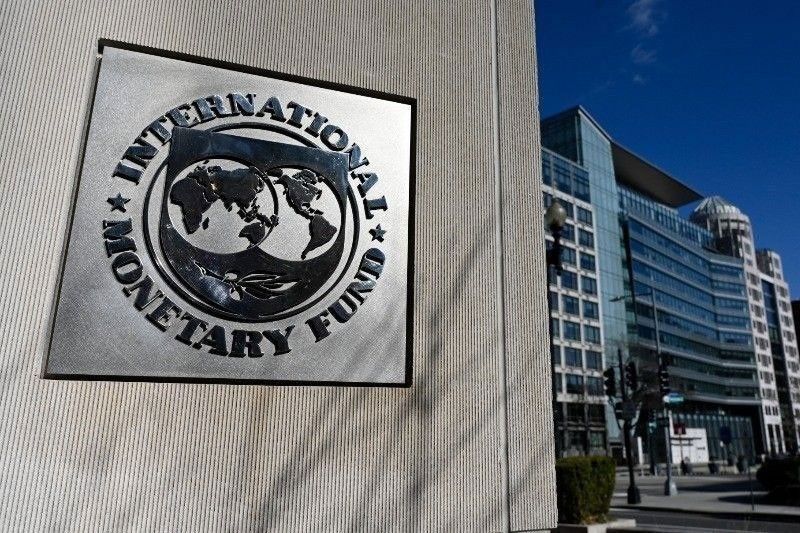IMF pushing for additional tax reform measures

MANILA, Philippines — The International Monetary Fund (IMF) is pushing the approval of remaining as well as additional tax reform measures to help the Philippines set a clear fiscal anchor to maintain debt sustainability.
IMF mission head Shanaka Jay Peiris said on the sidelines of the two-day Bangko Sentral ng Pilipinas – IMF Financial Sustainability Conference in Mactan, Cebu that fiscal consolidation is underway via the Medium-Term Fiscal Framework.
Under the plan, the Philippines aims to lower its debt-to-GDP (gross domestic product) ratio to less than 51.1 percent and reduce the budget deficit to three percent of GDP by 2028.
The Philippines’ debt-to-GDP ratio swelled to 60.9 percent in end-2020 and further to over 61 percent in the first quarter from the pre-pandemic level of 39.6 percent in 2019 as the government accumulated debt during the COVID-19 pandemic.
On the other hand, the country’s deficit-to-GDP ratio improved to 7.2 percent in 2022 from a record-high 8.6 percent in 2021 as the economy improved following the lifting of strict COVID-19 quarantine and lockdown protocols.
“So it’s going in the right direction,” Peiris said.
While maintaining the same level of social spending as well as infrastructure spending under the public-private partnership scheme, Peiris stressed the need to raise the Philippines’ revenues under the fiscal consolidation plan.
“The revenues have done well last year for the first time that we’ve met the overall target or above target. So we want to make sure that goes ahead,” Peiris said.
According to Peiris, there were several tax reform packages during the Duterte administration and there are remaining packages that need to be pushed by the current administration.
“We would like those to go through, but there are also new areas of tax reform which I think the government is planning and working with Congress,” Peiris said.
He said digital services should also be subject to value-added tax.
The multilateral lender said the continued efforts to enhance revenue mobilization through tax policy and tax administration should underpin medium-term fiscal consolidation, while securing resources for development plans.
Peiris also emphasized the need to reform the military pension system, which is one of the most important structural challenges faced by the government.
The IMF said the proposed Military and Uniformed Personnel pension reform is important to create fiscal space for economic and social priorities.
For his part, BSP Governor Felipe Medalla said the Philippines is not really an overspending government.
“Relative to GDP, our infrastructure spending is not large. So the best possible situation is the gap is filled by, of course, better tax administration,” he said.
BSP Senior Assistant Governor Johnny Noe Ravalo said the recently concluded conference assessed how systemic risks are managed and discussed and how stakeholders have coped with changing market conditions.
Ravalo said there were more than 140 participants including 14 central banks and financial authorities from the region as well as six regional and global organizations.
He said the private sector was also fully represented with 31 organizations.
- Latest
- Trending





























